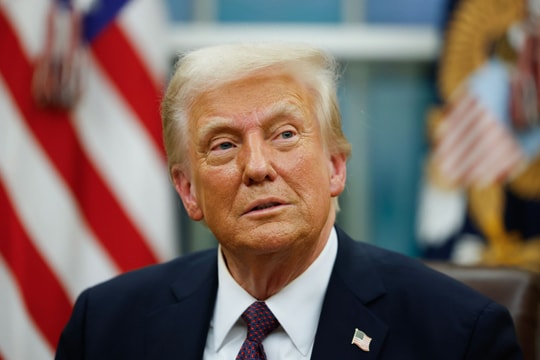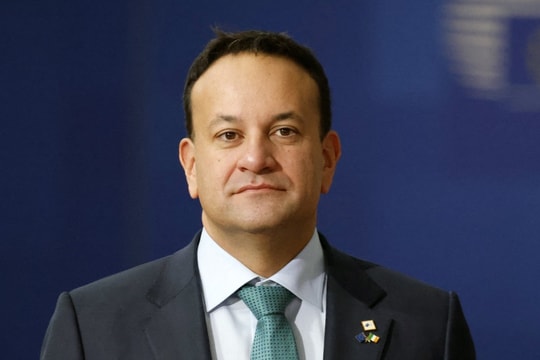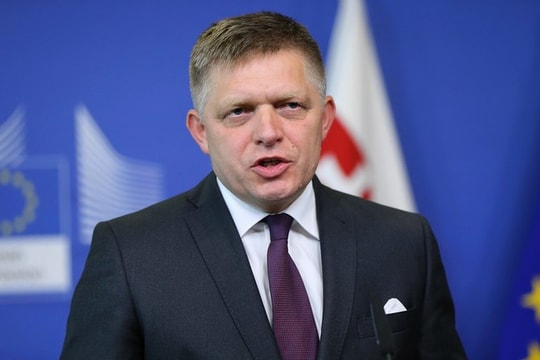World last week: 'Scars that are hard to heal'
(Baonghean.vn) - The issue of migration and asylum has long been an urgent one for the European Union (EU), but efforts to reform migration policy are facing mixed reactions from some Eastern European countries. Inter-Korean relations are "tense as a bowstring" when South Korea condemned North Korea's "brutal act" - a North Korean soldier shot dead a South Korean official in the maritime border area, and demanded that those involved be punished. These are international issues that have received attention in the past week.
Persistent immigration policy
After the European Commission (EC) announced new policies onimmigration, asylumAt the EU meeting in Brussels (Belgium), major countries in the Eastern European bloc such as Hungary, Poland, and the Czech Republic all shared a common, firm stance, rejecting this plan, aiming to deal with the current painful problem in a more stable and long-term direction.
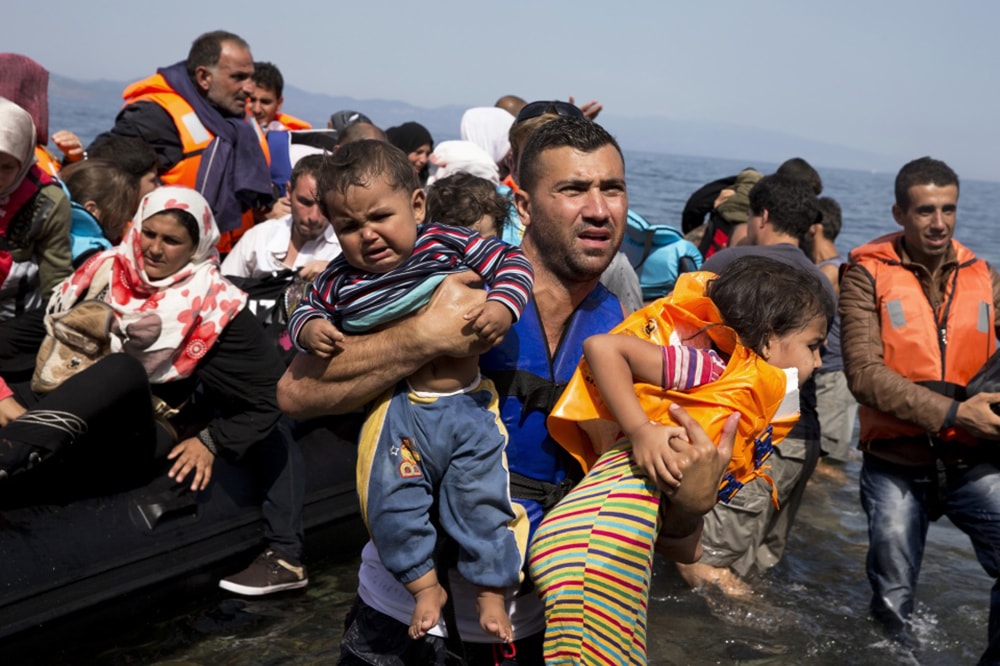 |
| The migration crisis has long been a burning issue in Europe. Photo: AP |
The new pact on migration and asylum proposed by the EC aims to end the period of chaos at Europe's borders and the political crisis within the bloc.
The new pact on migration and asylum proposed by the EC aims to streamline the processmigration and asylumwith faster screening, ending the chaos at Europe's borders and the political crisis within the bloc. Member states will have to contribute, sharing fairly based on population and GDP. The new EC proposal has made adjustments compared to the previous one, such as stricter regulations on penalties for countries that do not comply with their obligations. In addition, the EC will subsidize countries hosting refugees at the rate of 10,000 euros per person and 12,000 euros per minor.
The new EU proposal must be approved by all 27 member states, but it is at risk of being blocked by disagreements. A spokesman for Hungarian Prime Minister Viktor Orban said the country's position on migration has been "clear and unchanged" since 2015. Hungary needs to ensure that EU borders and the Schengen area are strictly managed. The proposed new measures are not strong enough, nor are they groundbreaking changes to address the current problem. Hungary also proposed requiring certain screening of group c in camps outside Europe.
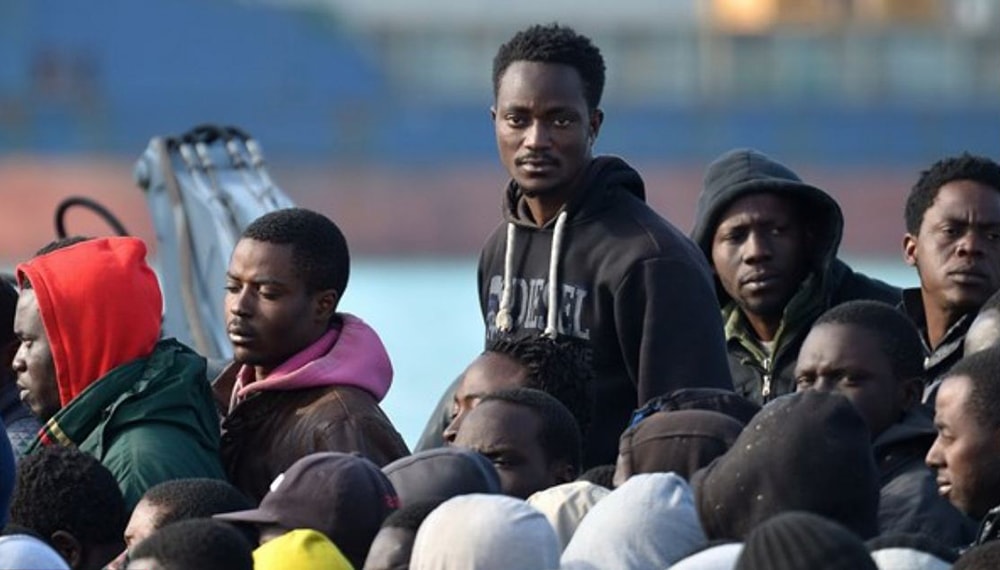 |
| Migrants after being rescued by the Italian navy and brought to the Port of Sicily. Photo: AFP |
Not only Hungary, immediately after the treaty was announced, leaders of the Visegrad group such as Poland, the Czech Republic, and Austria met with EC President Ursula von der Leyen, speaking out against the regulations on the allocation of migrant quotas to EU member states.
Protecting Europe's borders and stopping illegal migration should be key elements of the bloc's migration pact, Czech President Andrej Babis said. The EU should stop migrants at its borders andbring them back to their country. The Czech leader believes that distributing refugees and immigrants to each member country would force each country to change its subsidy and quota system. And the Czech Republic does not agree with this.
European leaders are eager to see the new pact approved by the end of the year, as migration has long been a sore point in the bloc, not only making life difficult for migrants, but also causing internal rifts. Even EC Vice President Margaritis Schinas said: "We are not asking you to like it, but to understand it."
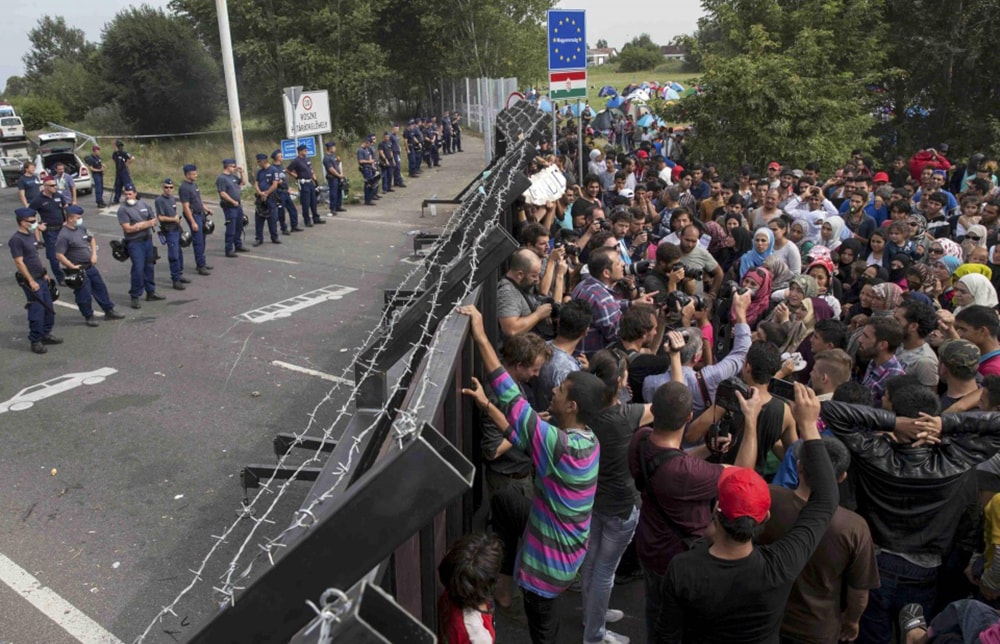 |
| Hungary built a fence on the border with Croatia to stop refugees. Photo: Reuters |
Rising inter-Korean tensions
South Korea's Defense Ministry said on September 24 that a 47-year-old official from the Ministry of Oceans and Fisheries went missing from a 488-ton ship while on an inspection mission off Yeonpyeong Island. North Korean soldiers found him in their waters and shot him dead, then burned his body.
In response to this incident, President Moon Jae-in, who is considered to have a calm diplomatic style and is a "peace ambassador" in inter-Korean unification, also spoke out, calling the incident "shocking" and "unforgivable for any reason."
In the announcement of the Korean Ministry of Defense on September 24,demand that North Korea explain, apologized for shooting the country's official and punished those responsible. That day, North Korean state media remained silent on the incident. Rodong Sinmun, the mouthpiece of the Korean Workers' Party, published information about the nationwide efforts to prevent the pandemic, but did not mention the death of the South Korean official.
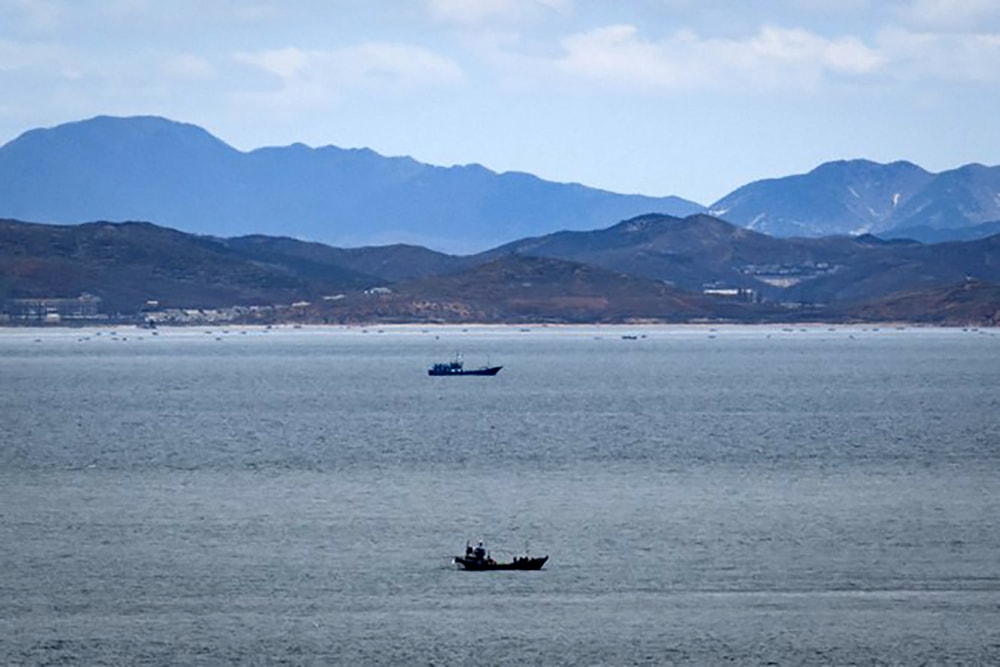 |
| A photo taken from Yeonpyeong Island, South Korea, shows the maritime border with North Korea in the Yellow Sea. Photo: AFP |
A day later, North Korea began to respond. Notably, leader Kim Jong-un sent a letter to President Moon Jae-in, expressing regret for the South Korean official being shot dead across the maritime border. Leader Kim said the incident should not have happened. Kim Jong-un's apology is expected to ease anger in South Korea, and South Korean President Moon Jae-in will not make any more harsh criticism of the incident.
On its side, Pyongyang also informed Seoul of the results of its investigation into the incident. Accordingly, its soldiers fired more than 10 bullets at South Korean officials for “violating North Korean waters”, “not revealing their identities and trying to escape”. Regarding the cremation of the body, Pyongyang denied and affirmed that the soldiers only burned floating materials.
The incident has poured cold water on South Korea's patience and consistent efforts for inter-Korean reconciliation and peace.
Although North Korea reacted quite quickly after the death of the South Korean official, Seoulexpressed a rather harsh opinionabout the incident. According to South Korean Unification Ministry spokesman Yoh Sang-key, the incident has poured cold water on South Korea's patience and consistent efforts for inter-Korean reconciliation and peace. It goes against the people's desire for unification on the Korean Peninsula.
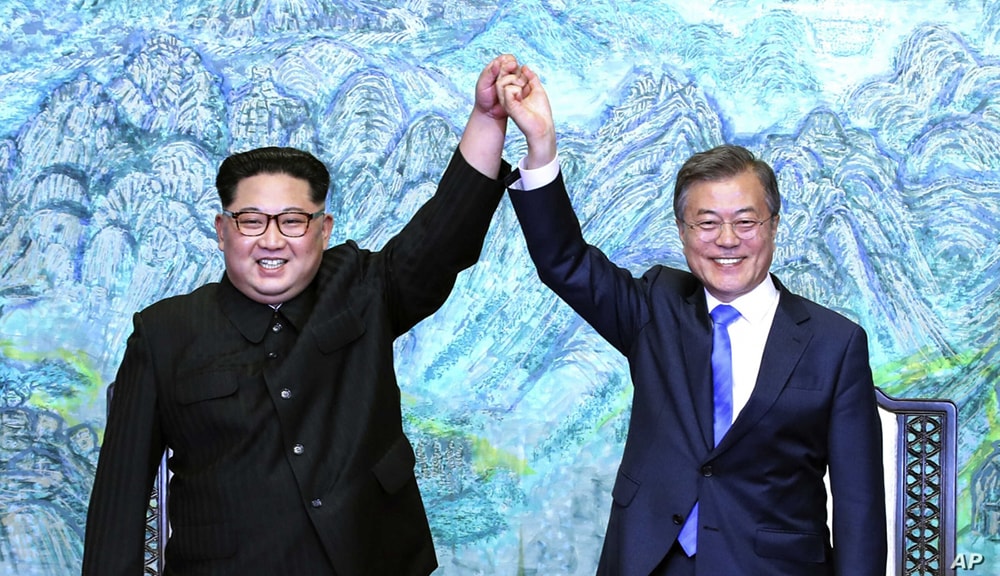 |
| The death of the South Korean official is seen as deepening a serious rift between inter-Korean relations. Pictured: North Korean leader Kim Jong-un and South Korean President. Photo: AP |
Earlier, in a statement to the High-Level General Debate of the 75th session of the United Nations General Assembly on September 22, President Moon Jae-in reiterated his call to declare an end to the Korean War. President Moon said that this action would pave the way for complete denuclearization and lasting peace on the Korean Peninsula. This statement raised hopes for a breakthrough in the peace process on the peninsula.
The South Korean official's death is the first fatality of a South Korean citizen in North Korea since 2008, when a North Korean soldier shot dead a 53-year-old South Korean tourist who strayed into a restricted area at the Mount Kumgang resort.
This incident has added fuel to the fire as inter-Korean relations have recently been severely damaged and communication channels have been cut off. Especially since June, North Korea blew up the inter-Korean liaison office - an important communication link between the two governments - to protest the distribution of leaflets from South Korea.

